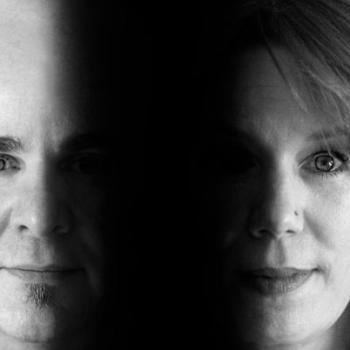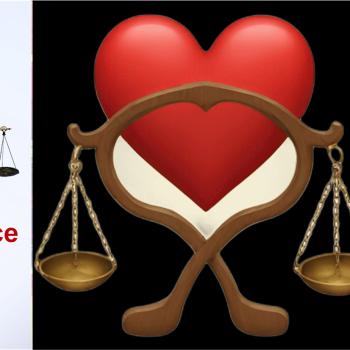There is also in modern man, despite his protestations of independence, individualism, and autonomy (or perhaps precisely because of this) a deep, unacknowledged desire for conformity to the Zeitgeist, “the spirit of the age,” “what everybody knows.” It is surprisingly difficult to think for yourself, but only those who try to do that, know that.
This is actually a mild form of possession. For those who have become possessed by a demon, an evil spirit, an alien, another spirit than their own true self, have lost not only their own identity but even the knowledge that there is a distinction between themselves and their possessing spirit. They are so deeply self-deluded that they sincerely believe that the thoughts emanating from their mind come from within, not from without. This is as true of possession by the Zeitgeist as it is of possession by a demon.
What’s the Antidote?
To destroy the superstition of Progressivism, we must restore reason to its proper place, as an insight into truth rather than a rationalization of our desires or ideologies. We must correct defective theories of knowledge such as rationalism, empiricism, and idealism -- offering answers from the annals of sound philosophical reasoning, e.g., Aristotle and St. Thomas. We should answer honest skeptics such as Freud by critiquing their arguments logically; if he treats (as he does) all reasoning as a rationalization for unconscious desires, we must point out that this applies to his theories, too. We should ignore dishonest skeptics (see Ch. 9, Cynicism) who only want to sneer and enjoy jerking our necks by their chains.
We must think vertically, about timeless truths, before we can think horizontally, about timely, changing things. For without an appeal to some knowledge, however implicit, of a higher, unchanging reality, we cannot judge or improve anything real in this changing world. We must overcome our aeternophobia, our fear of eternal things. (There are new mental diseases in the modern world, just as there are new physical ones.)
We must moderate our fear of fanaticism. While we should never behave fanatically, Our Lord calls on us throughout the gospels to adopt a total, fanatical, uncompromising honesty with Truth -- no matter what the cost. We must especially devote ourselves to the truth about the two persons we can never escape in time or in eternity: ourselves and God. The finally important question is whether those two persons will spend eternity together, or apart.
We must educate ourselves about our past, our ancestors, our tradition, and our history. (And by “our” I mean the universally human, not only our local subgroup, whether nation, race, class, ideology, religion, or sex.) To generate the indispensable virtue of gratitude, we must know the riches that we should be grateful for.
To judge any change as progressive or regressive, we must eventually ask ourselves the Big Question: what is our final end, goal, purpose, “summum bonum” or greatest good. We must ask nothing less than the question of “the meaning of life,” however unfashionable that question has become. If we don’t have a clear vision of the ultimate finish line, we can’t even know whether we’re running toward it or away from it.
But to perform these cures one more thing is necessary. Even if the patient has received the perfect diagnosis, prognosis, and prescription, he will not recover if he will not take his medicine. The will is the key that starts the car of the psyche. “The readiness is all.” If we do not will it, it will not happen. Wishing, dreaming, longing, and thinking, even the clearest and most rational thinking, will not move our feet one inch.
There always comes a time, after thinking and inquiring and writing and reading, to put those things away -- not because they are mere toys, or because they are dispensable (they are indispensable!) but because they are means to a greater end. They are maps, and maps are means for moving, for marching. An army of map collectors will win no battles.
So let us march.
Peter Kreeft (Ph.D., Fordham, 1965) is, in order of importance, a Roman Catholic, married with four children and five grandchildren, Professor of Philosophy at Boston College, and the author of sixty-five books. This essay is excerpted from Disorientation: How to Go to College Without Losing Your Mind (Ascension Press, 2010) and is reprinted with permission.




